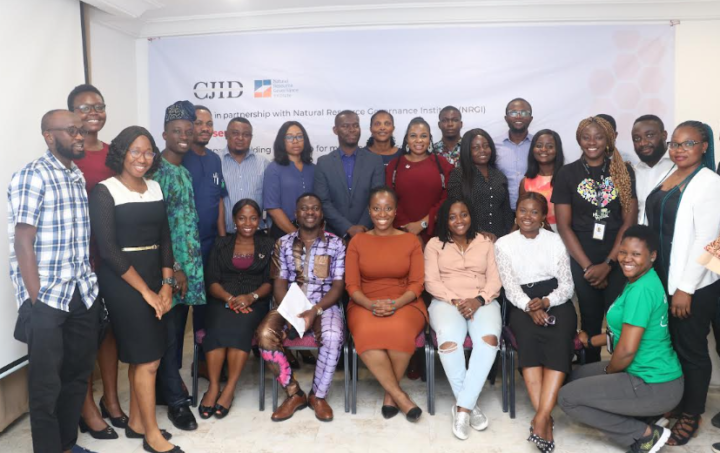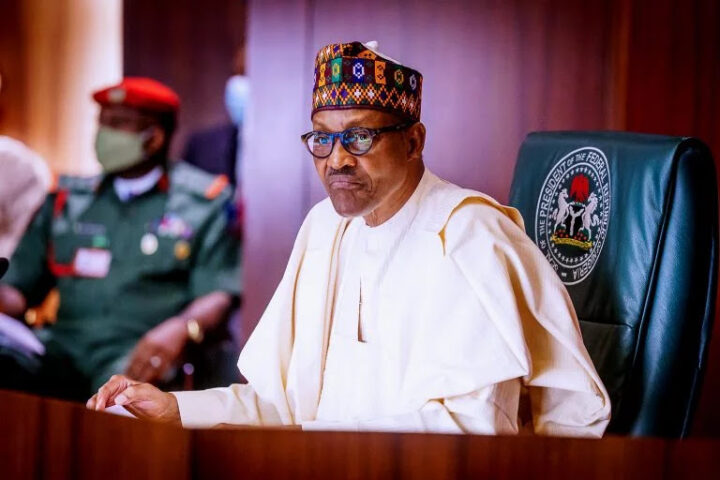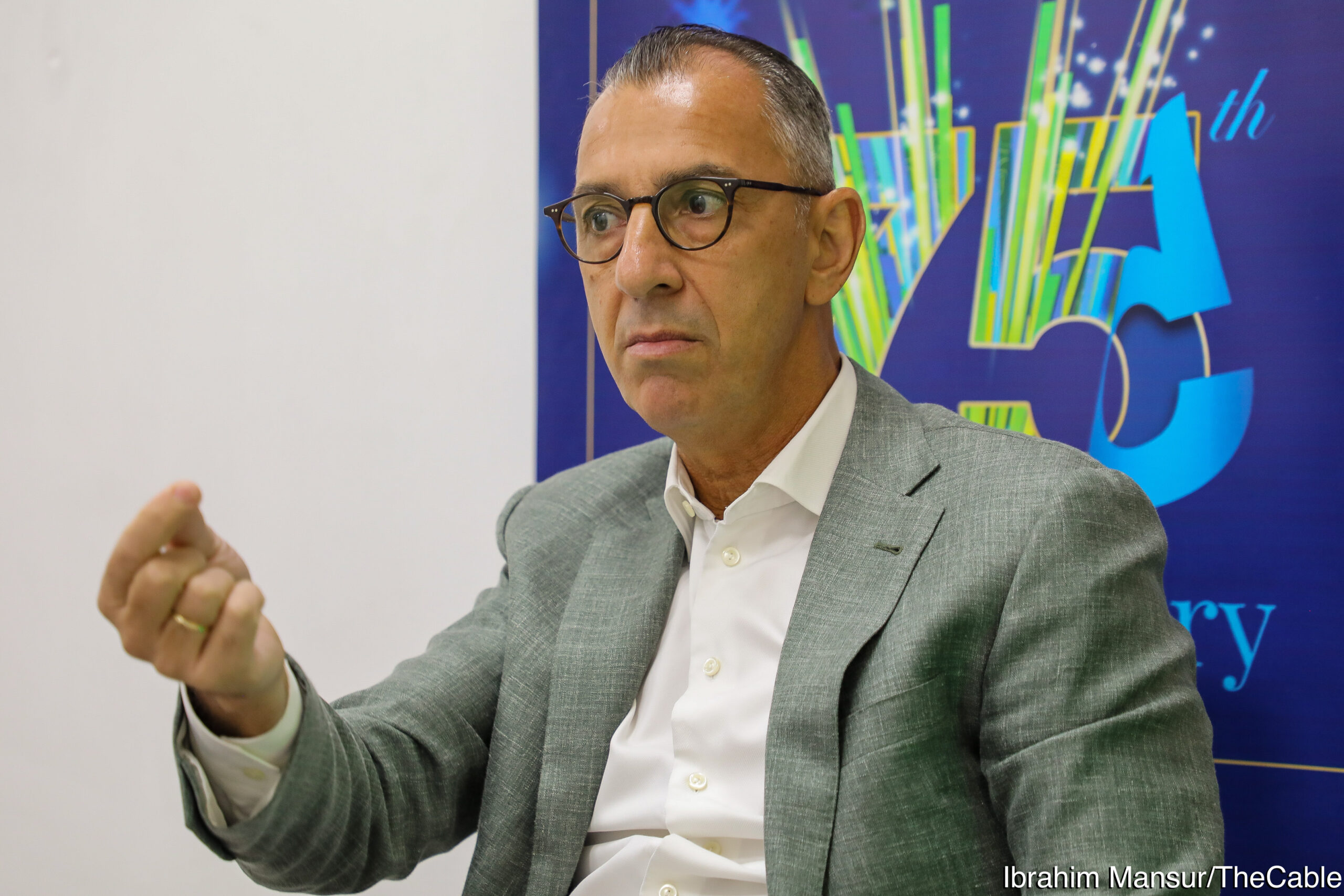Journalists reporting on the extractive sector, civil society organisations (CSOs), and social media influencers have called on the need for Nigeria to prepare for the economic impact of the global energy transition.
They made the call recently at a capacity building workshop organised by the Centre for Journalism Innovation and Development (CJID) in partnership with Natural Resource Governance Institute (NRGI).
The hybrid workshop themed “Oil Dependency in Nigeria: Imagining a Future Beyond Oil” had over 50 participants in attendance.
The workshop was aimed at improving the understanding of Nigeria’s oil dependency and efforts toward energy transition.
Advertisement
Tengi George-Ikoli, senior officer, NRGI, said Nigeria is at a critical point in its development.
“As a fossil fuel-dependent country, it is important that Nigeria develops its strategy to engage the shifting global focus away from oil,” she said.
“Nigeria must develop its medium to long term strategy to mitigate the likely export and government revenue losses from a shrinking market base as these countries look to reducing oil reliance beyond 2030.”
Advertisement
Tengi said Nigeria must make strategic decisions in the way it spends its limited revenues.
She added that the country must take economic diversification more seriously, leveraging regional and global opportunities beyond oil and including new frontier possibilities available in the green economy.
In his speech, Tobi Oluwatola, acting executive director at CJID, emphasised the need for capacity building for the media and the CSOs, noting that they are in the best position to enlighten the public from an informed perspective.
“It is time for Civil Society Organisations, journalists, and policy experts to have this discussion, most especially as Nigeria plans to achieve net-zero by 2060. There is a need for CSOs to be empowered with the right skills to be able to do the right advocacy and accountability work in Nigeria,” Oluwatola said.
Advertisement
In his remarks, Akintunde Babatunde, deputy director, development practice, CJID, said Nigeria needs swift actions to move from a monolithic fossil fuel-dependent economy to have a fair share in the global energy transition deals.
“Data is pointing us to the fact that Nigeria will likely lose a majority of its foreign exchange earnings and revenues for both the federal and subnational government. In fact, it is already happening because Nigeria is at a critical point in its development process, it is important for professionals to discuss the way forward on how the decisions we make as a country are more important now than ever,” he said.
Dipo Oladehinde, a Business Day reporter, opined that “the workshop was rich in terms of the quality of speakers who made presentations about the subject matter”.
“My biggest takeaway from the event is how Nigeria may be sleeping and ignoring an open secret concerning how the world is undergoing an energy transition from fossil fuels to a system based on renewable energy sources,” Oladehinde said.
Advertisement






